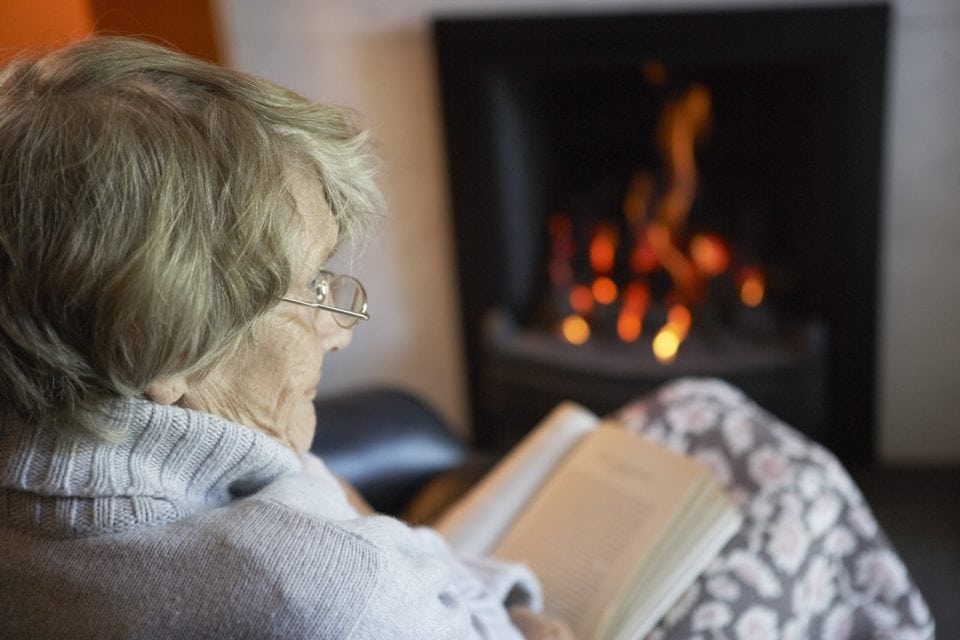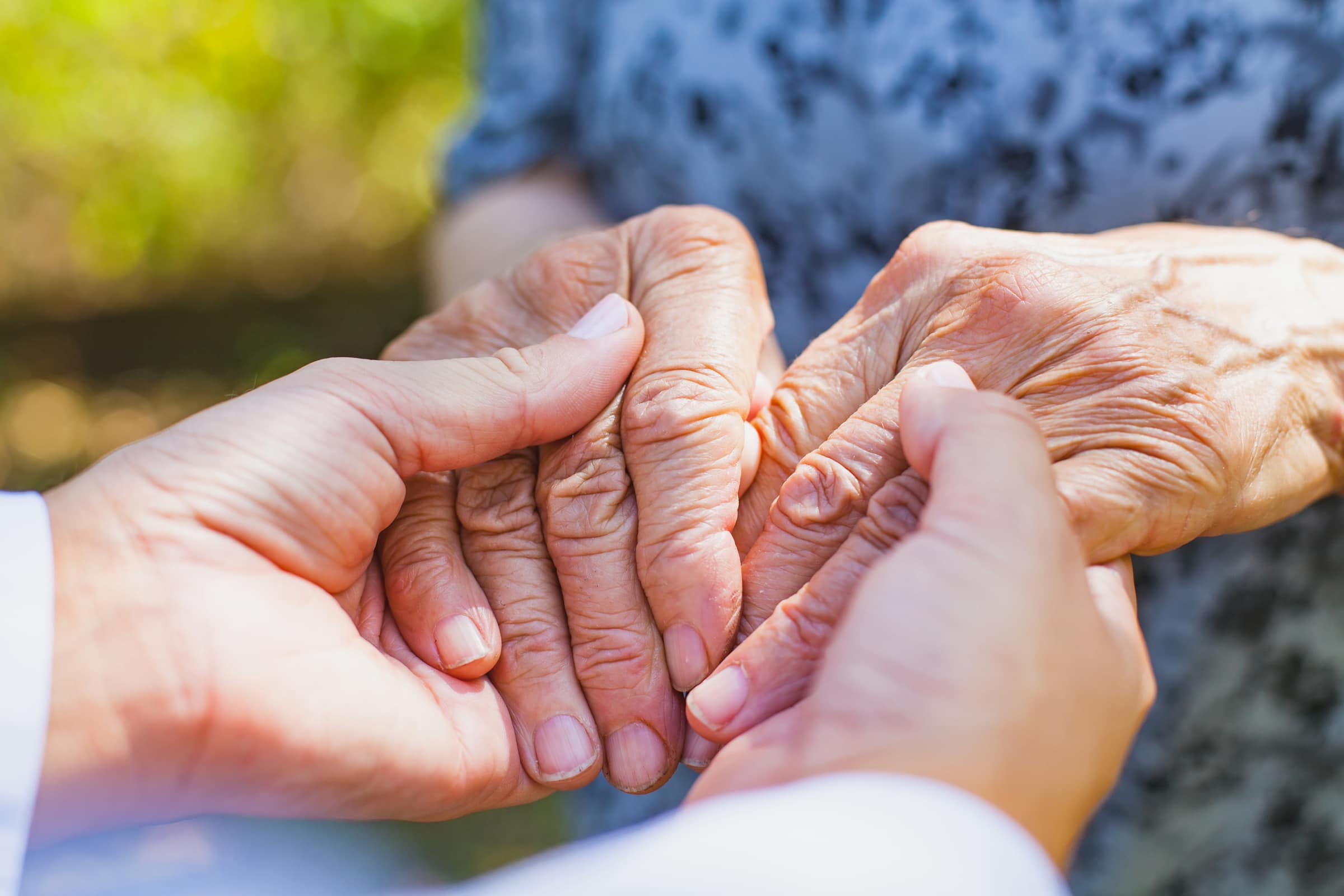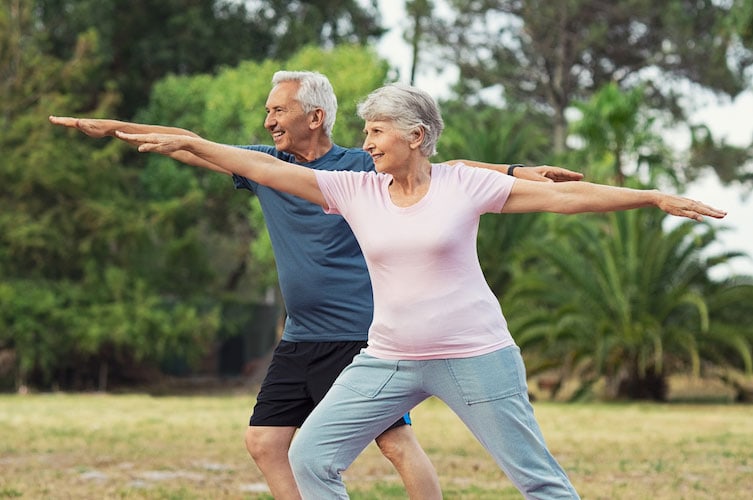According to the Centers for Disease Control and Prevention and the National Council on Aging, falls are the most common cause of injuries and hospital admissions for seniors. In addition to the financial costs associated with treating fall-related injuries, which are projected to skyrocket to more than $67 billion by the year 2020, a fall-related injury can seriously impact a senior’s health and quality of life. The winter months are obviously the most vulnerable time, but there are a number of precautions seniors and their families can take to help reduce the risk of falling and slipping on an icy sidewalk or inside the home.
The best way to minimize the risk of falls and injuries in winter is to plan ahead and safe-proof inside as well as the walkway and street outside. Many older adults become understandably nervous about going outside and engaging in their regular activities and routines during the long winter months, which can be disruptive to their quality of life and increase the risk of isolation and depression. With a few practical precautions, seniors can reduce their risk of falling and remain active and healthy throughout the winter months.
Invest in Stable and Supportive Footwear
In addition to sturdy soles with enough traction to help minimize the risk of slipping on wet and icy surfaces, many seniors have orthopedic issues and may need additional support in their shoes to help them maintain proper alignment and balance. The right pair of shoes or boots should keep feet warm and dry, provide adequate support and have strong, slip-resistant soles.
Make Arrangements for Shoveling Snow and Keeping Walkways Clear
Many people of all ages suffer injuries while shoveling snow in winter. Although shoveling is necessary to prevent falls and injuries, seniors should enlist the help of a family member or neighbor to clear the driveway or sidewalk during and after a snowstorm. If you have an older family member living alone or at a distance, make arrangements to have someone take care of the shoveling to prevent injuries.
Don’t Wear Wet Shoes and Boots Inside
The winter months can also increase the risk of falling inside the home on wet and slippery floors. To reduce the risk of tracking snow and ice from the street into the living area, institute a “no shoes” policy to keep floors clean and dry. Leave boots and shoes by the front door on a mat to allow them to dry, and keep slippers or indoor shoes by the door so seniors can easily change into them when they come inside.
Install Guardrails
For seniors struggling with balance or other issues that may affect their gait or ability to walk and steadily climb stairs, sturdy guardrails can help decrease the risk of slipping and falling around the home.
Keep the Home Well Lit
A patch of ice on a sidewalk or stairs or a puddle of water can be easy to miss. During the winter months, when the days are shorter and it can be dark in the afternoon, keeping the area outside the home (as well as indoors) well lit is an important safety tool for everyone.
Maintain a Healthy Diet and Regular Exercise Plan
For older adults suffering from common conditions such as arthritis or osteoporosis, falling can be especially dangerous and increase the risk of serious injuries that can compromise mobility and prolong recovery from a fall. Eating a healthy and nutrient-rich diet and maintaining an appropriate exercise and strength training routine is especially important for seniors. Strong muscles and bones not only make it easier to navigate wintry weather and slippery surfaces, they reduce the risk of serious injury if and when a fall happens.
Use a Cane or Walker for Balance if Necessary
Depending on their individual physical needs and lifestyle, some seniors can be resistant to the idea of walking with a cane or walker unless absolutely necessary. But if using an assistive device for balance and stability has been recommended, they should be used to help reduce the risk of an older adult losing their balance or falling on an icy or wet surface, where falls can be especially painful and damaging.
Get Help for Errands and Going Outside in Snow or Rain
The ability to be independent and keep up with normal routines and activities is a priority for many seniors and an important part of helping them remain engaged and active. However, some seniors may need the assistance of someone else when leaving the house to run errands, go to doctor appointments, or visit friends and keep up their social life. When a friend, family member or neighbor is not available, a home health aide may be a good option to help active seniors get around.
To learn more about injury and accident prevention for seniors and for more information on home care and assisted living resources at SALMON Health and Retirement, contact us today.




